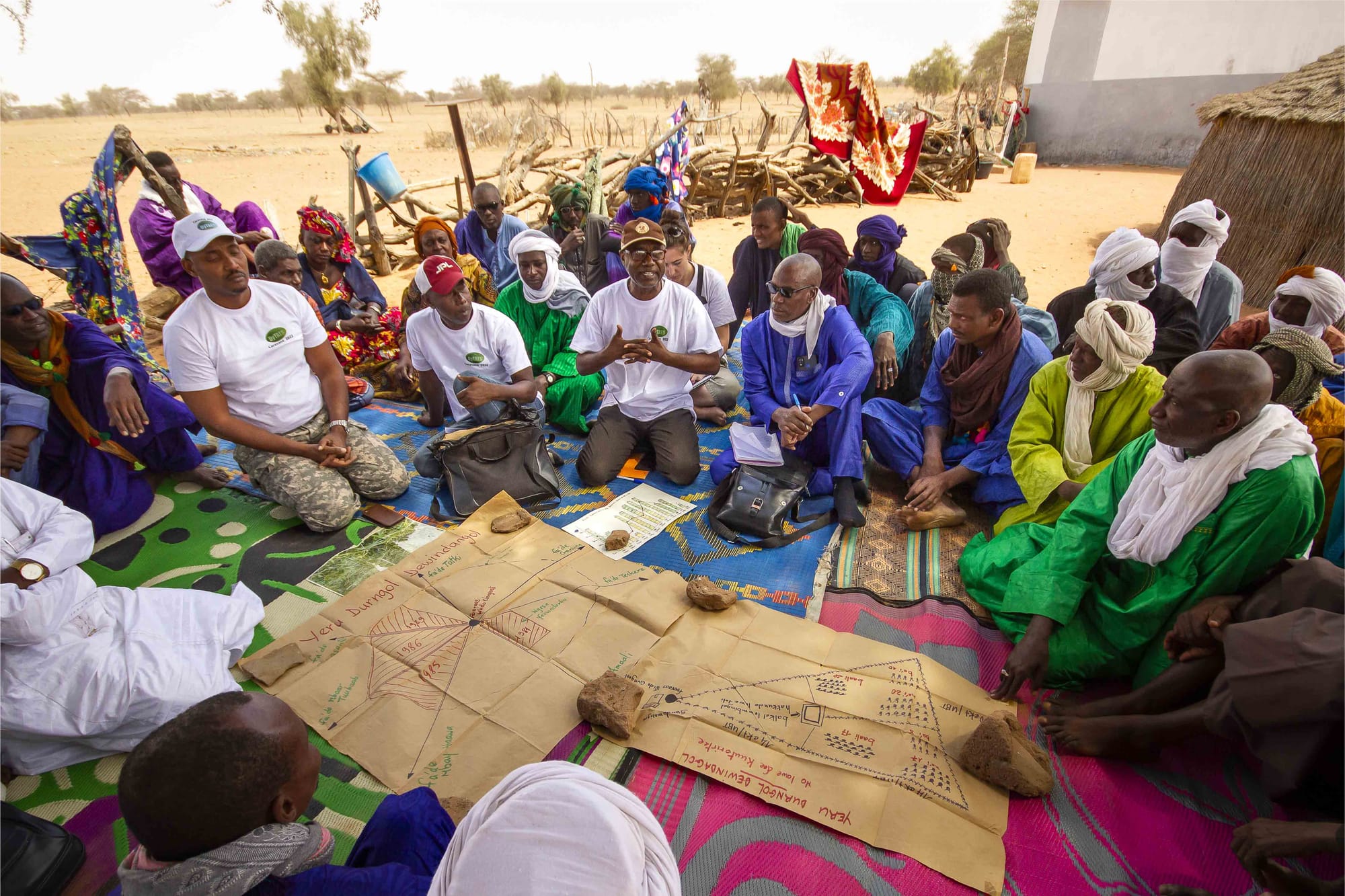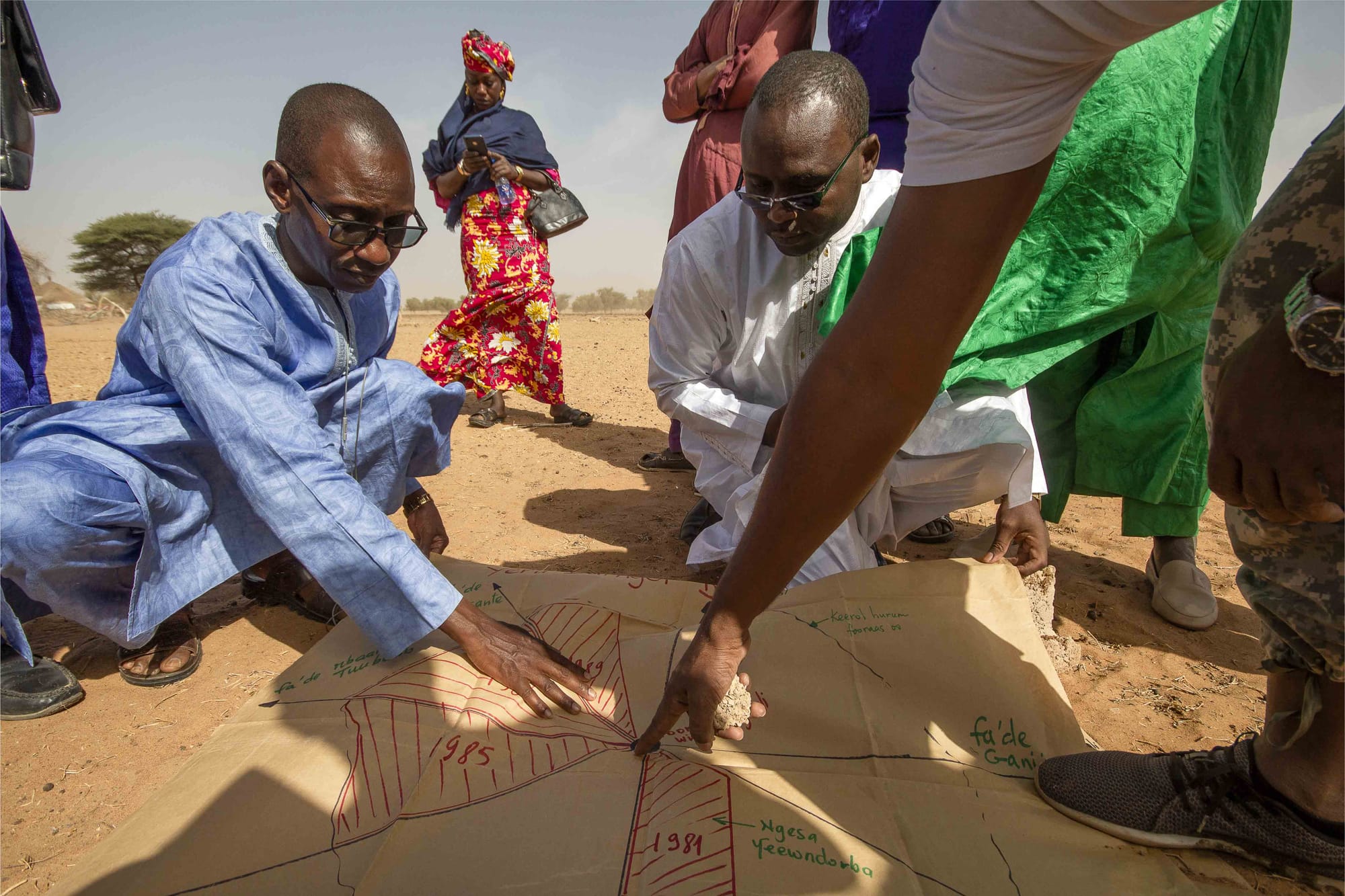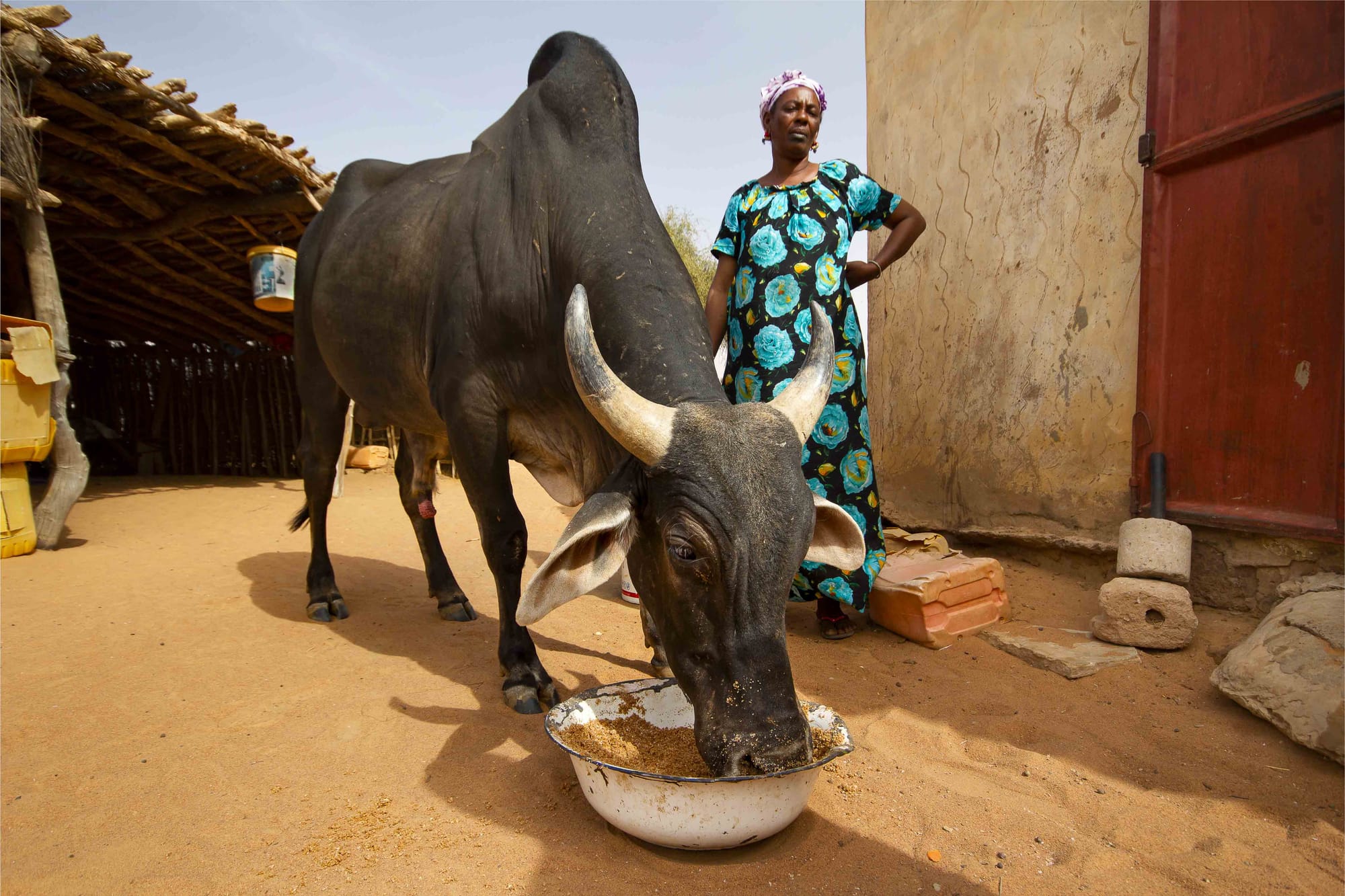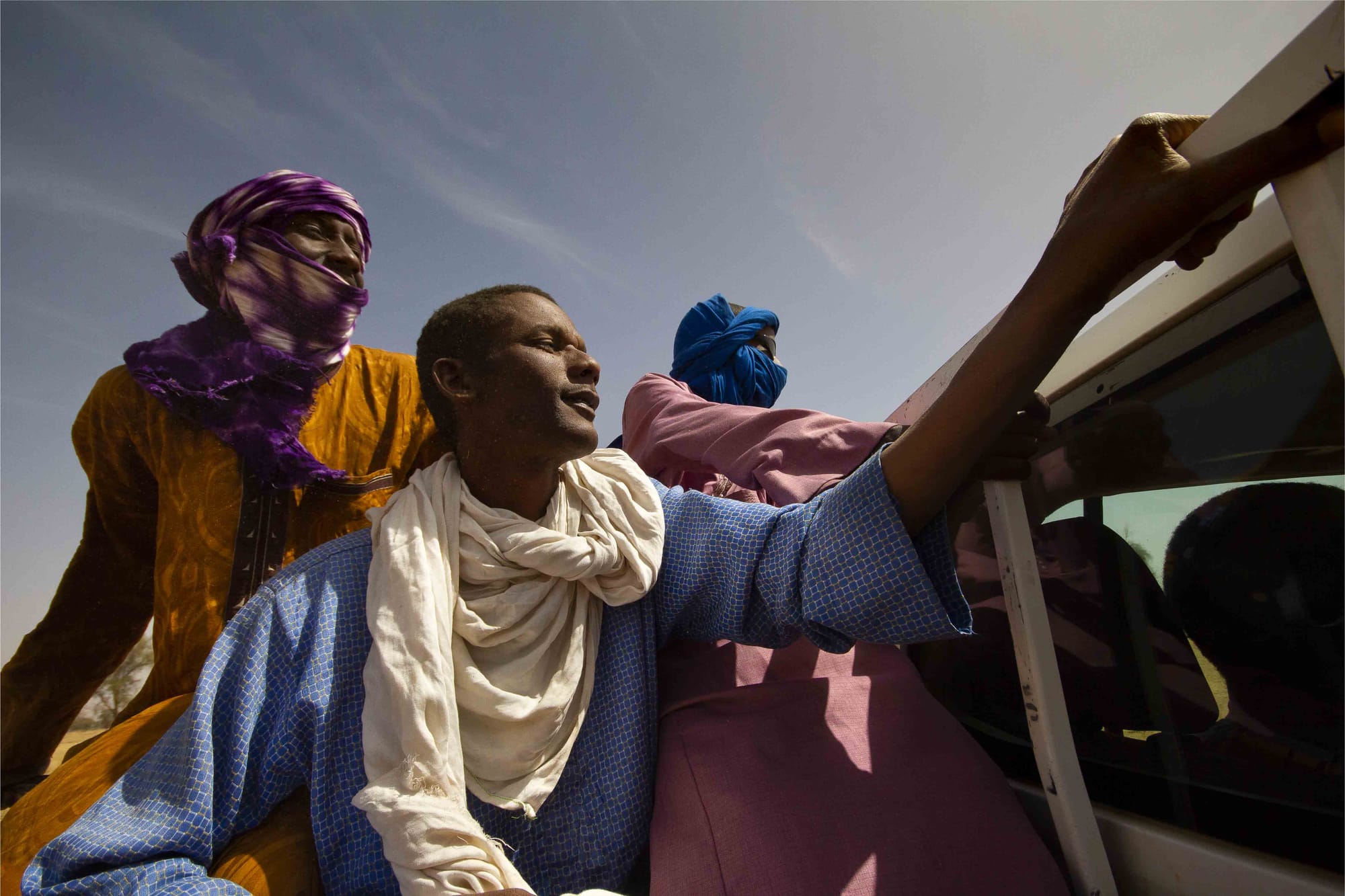Testing time for pastoralists
Throughout Africa, the last nomadic pastoralist communities are forced to adapt to cope with a rapidly changing world. A look at Senegal and Kenya.
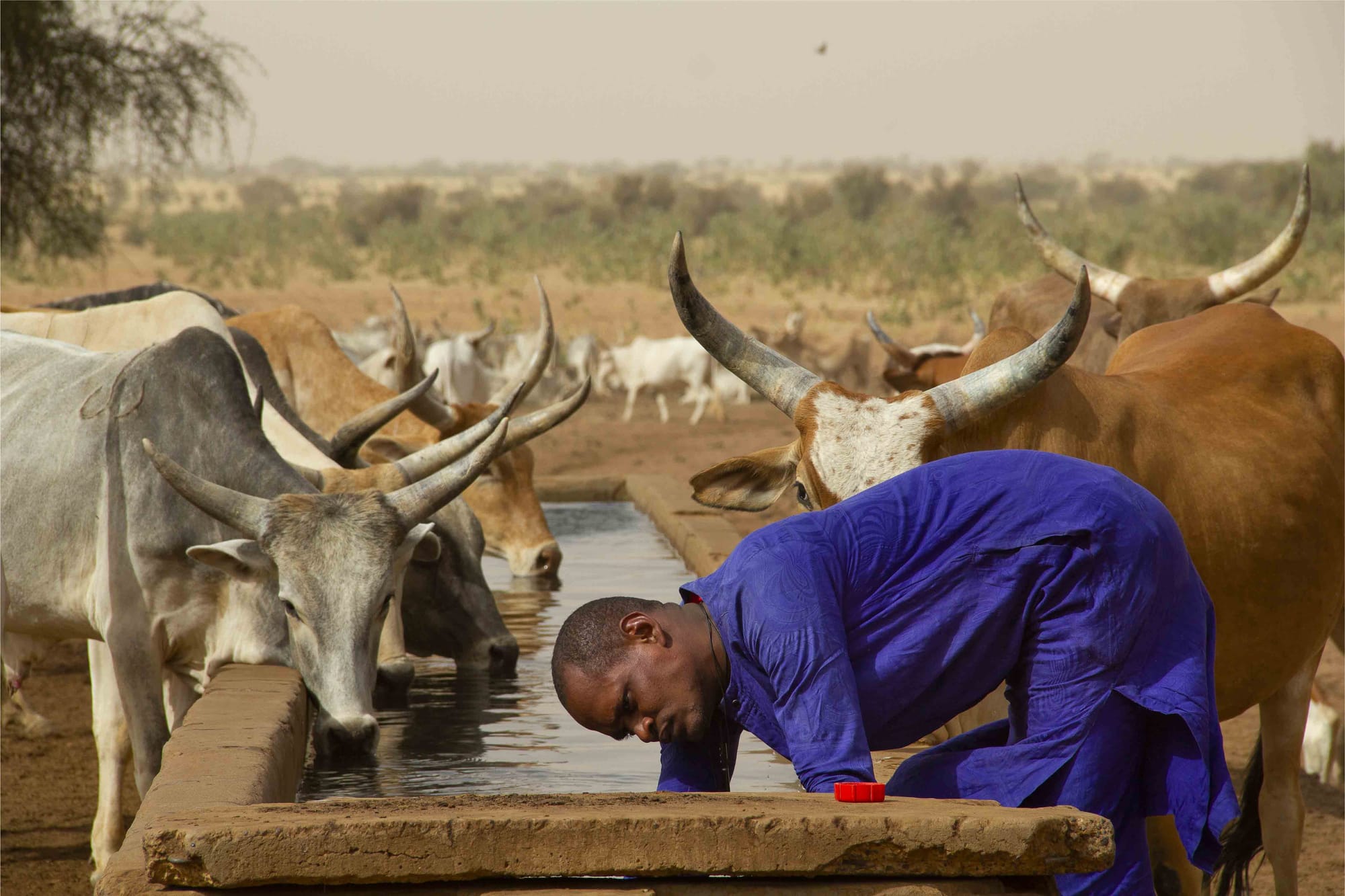
Valuing arid environments
While intensive agriculture is condemned for its climate impacts, pastoralism is a more sustainable form of livestock farming, since it contributes to carbon sequestration in the open grasslands it helps to maintain. The photos below were taken in the sylvo-pastoral zone of Ferlo, in northern Senegal.
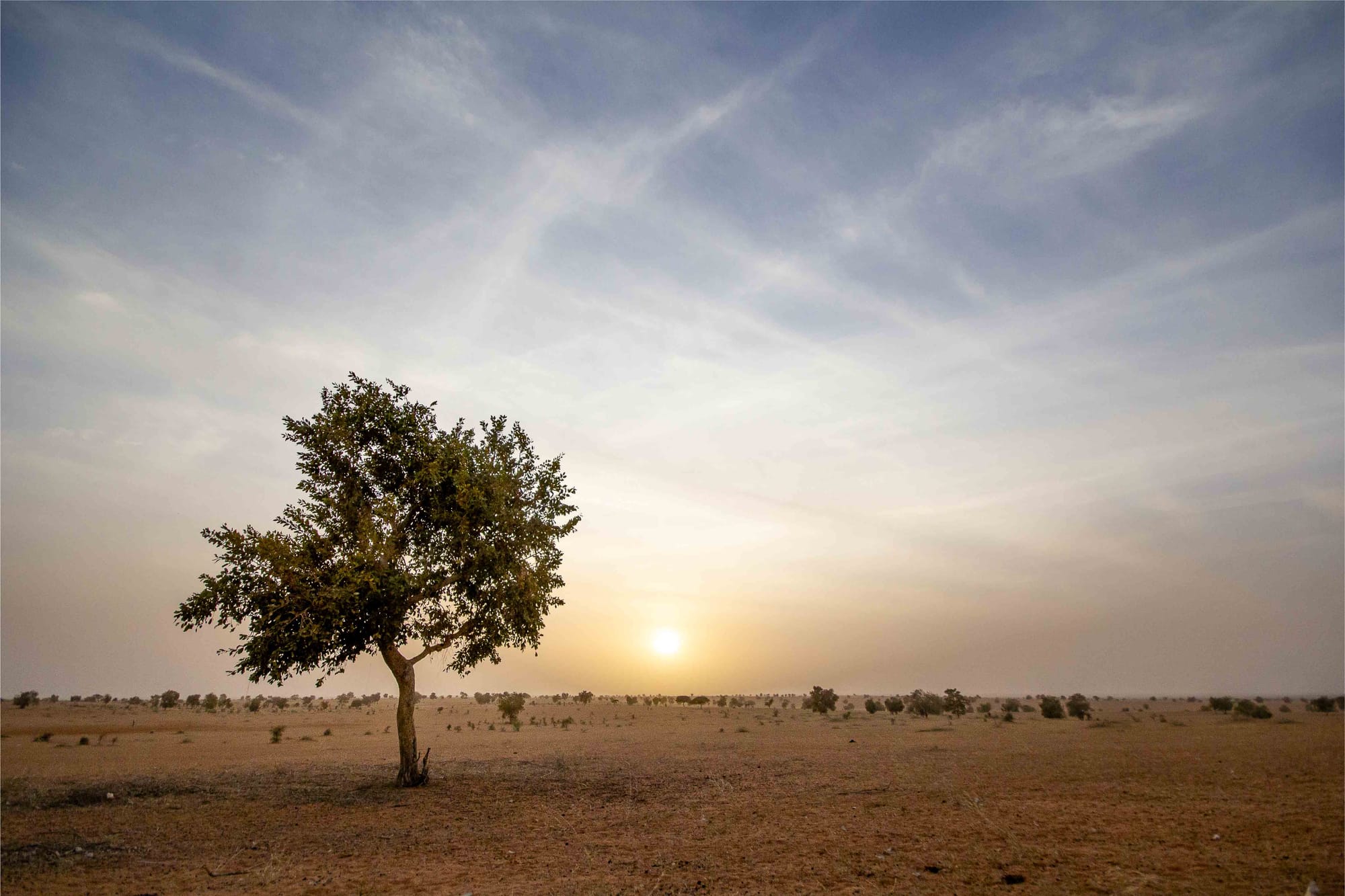
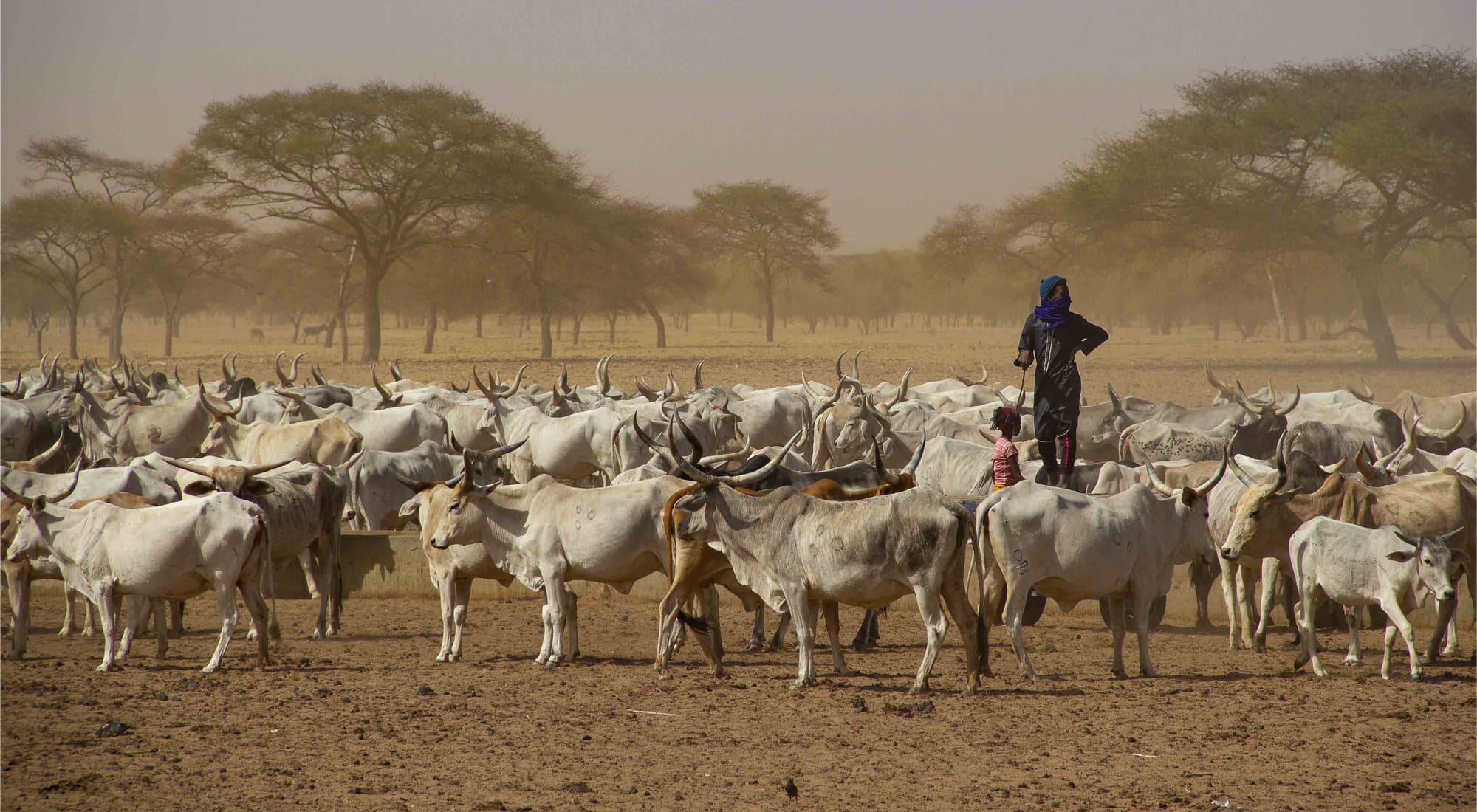
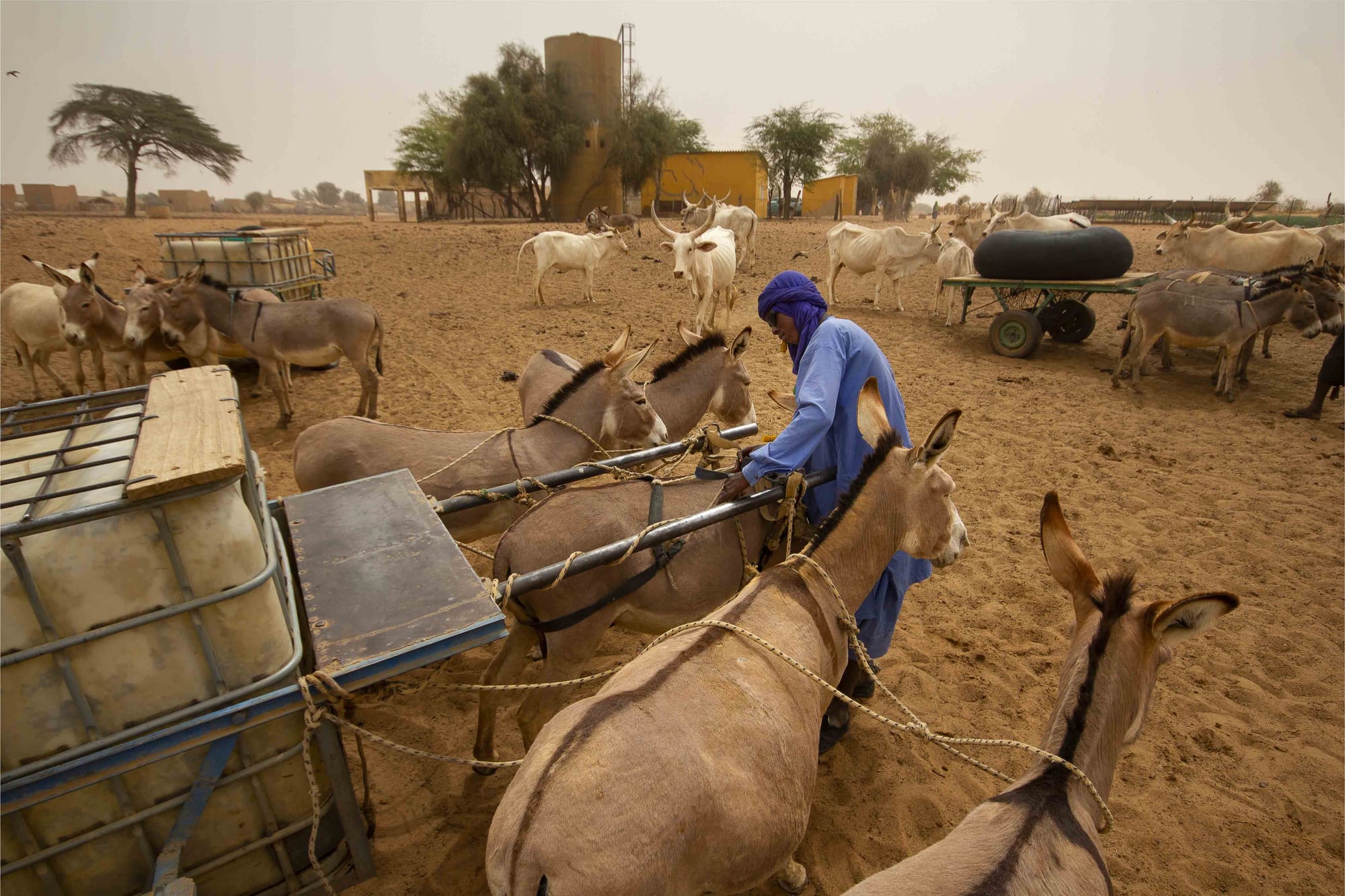
Nomadism
When the climate is too dry to grow crops, nomadic pastoralism is the only means of subsistence for people. In Ferlo, the Peul and Moorish communities have maintained a pastoral way of life until today. Milk from cows and camels is a staple food for them.
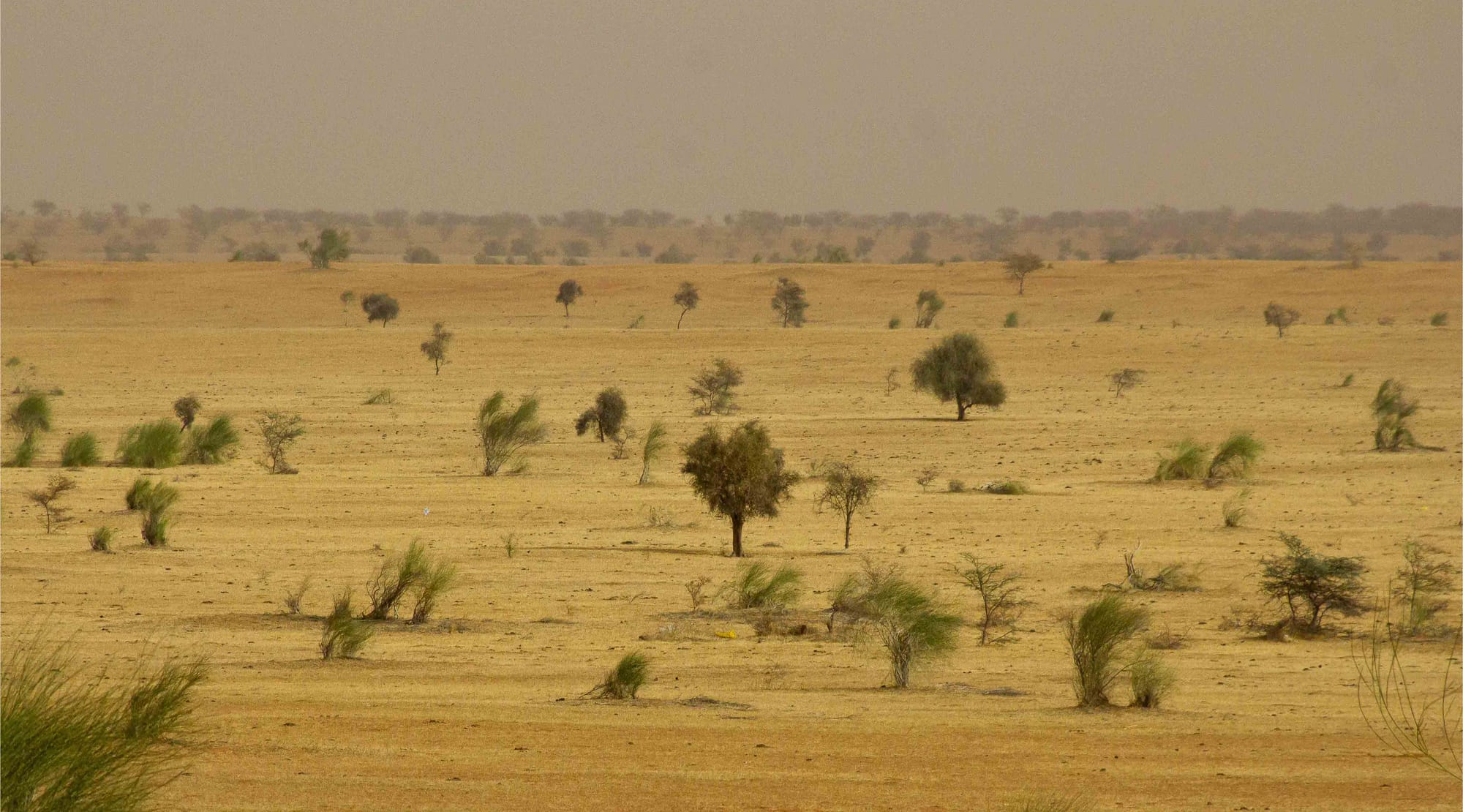
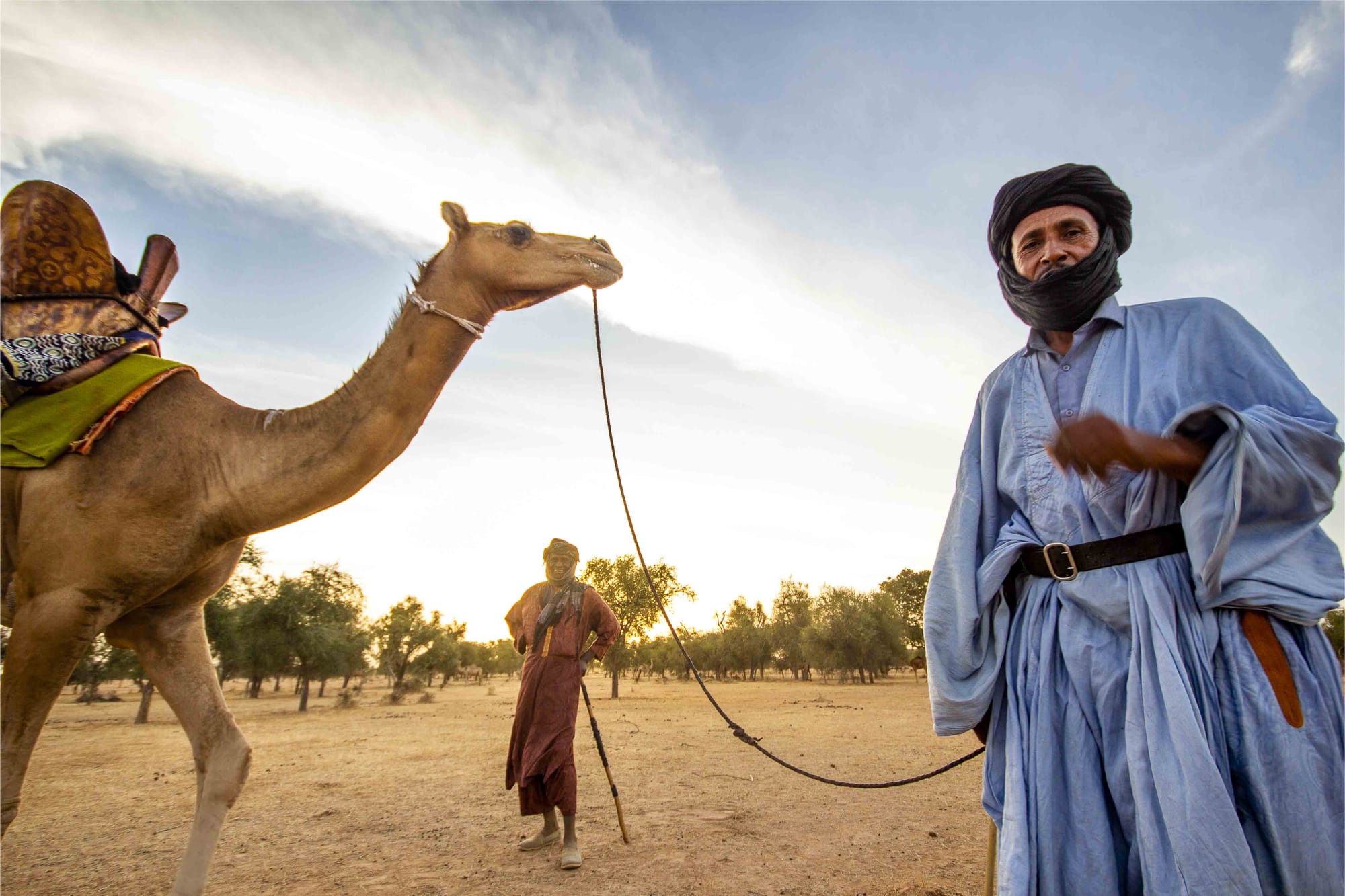
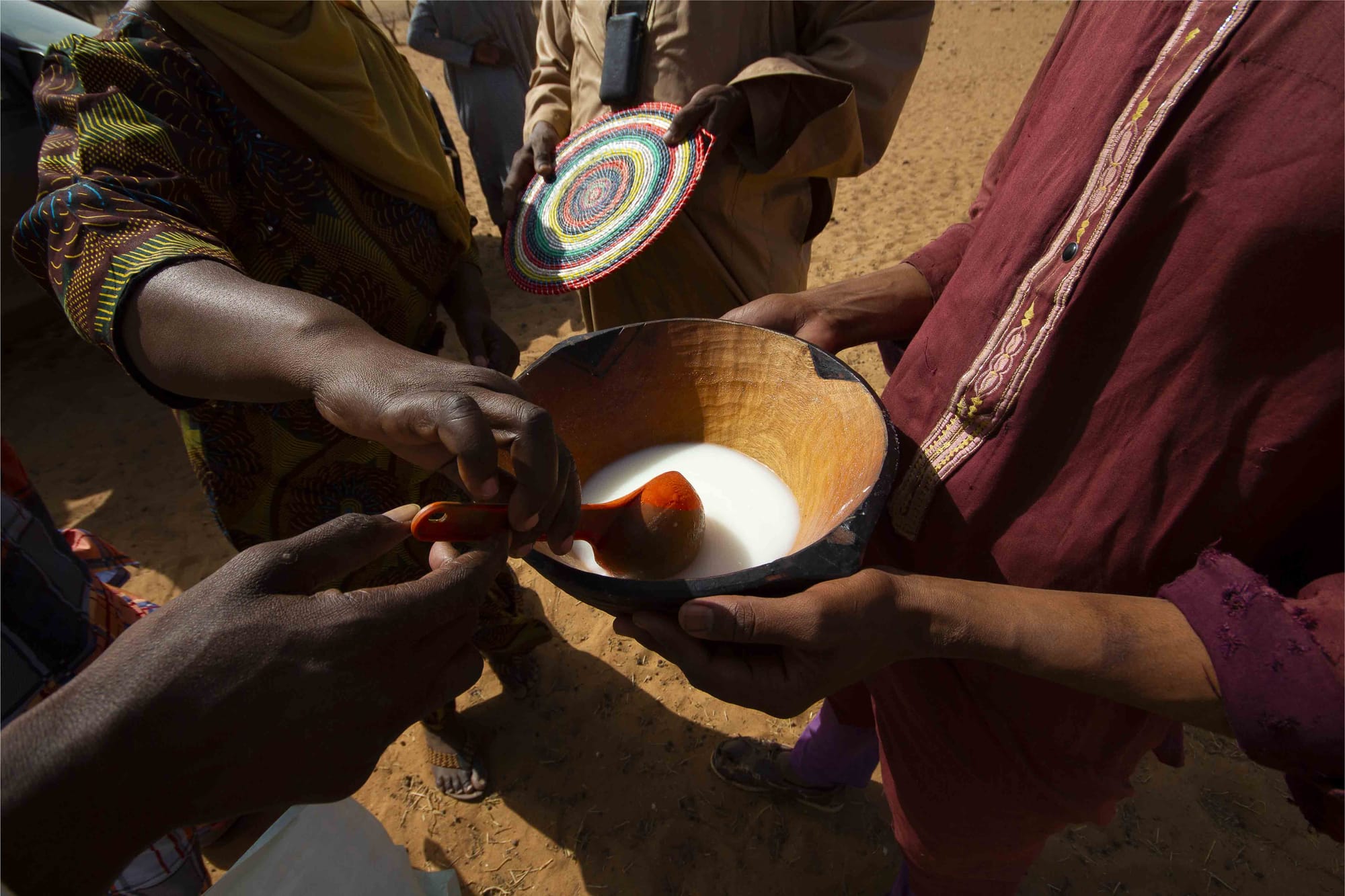
Changing lifestyle
Despite changing lifestyles and the partial settlement of pastoralists, the traditions are still deeply rooted. The pictures below show celebrations among the Njems, a Kenyan tribe related to the Masaai group.
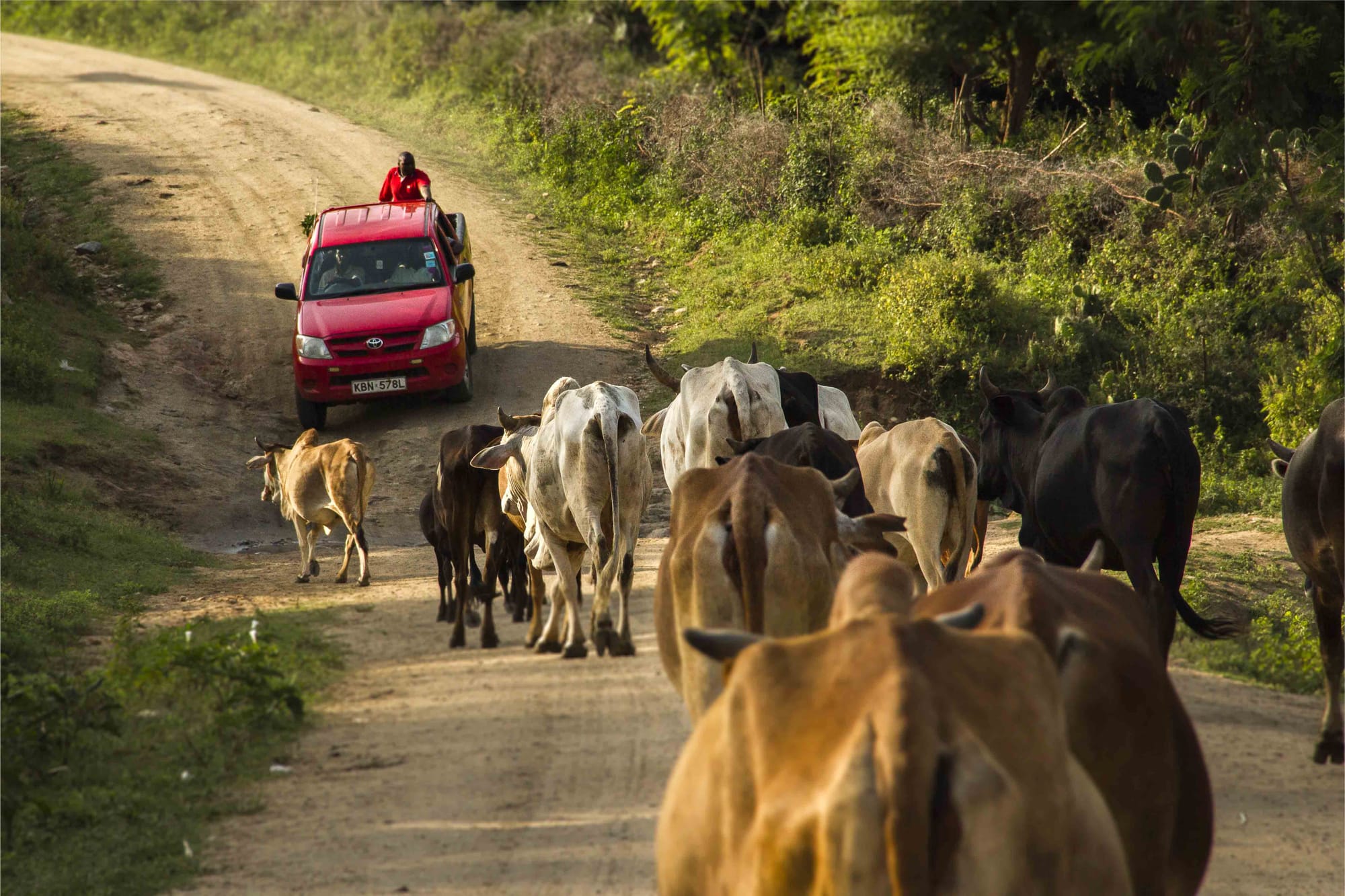
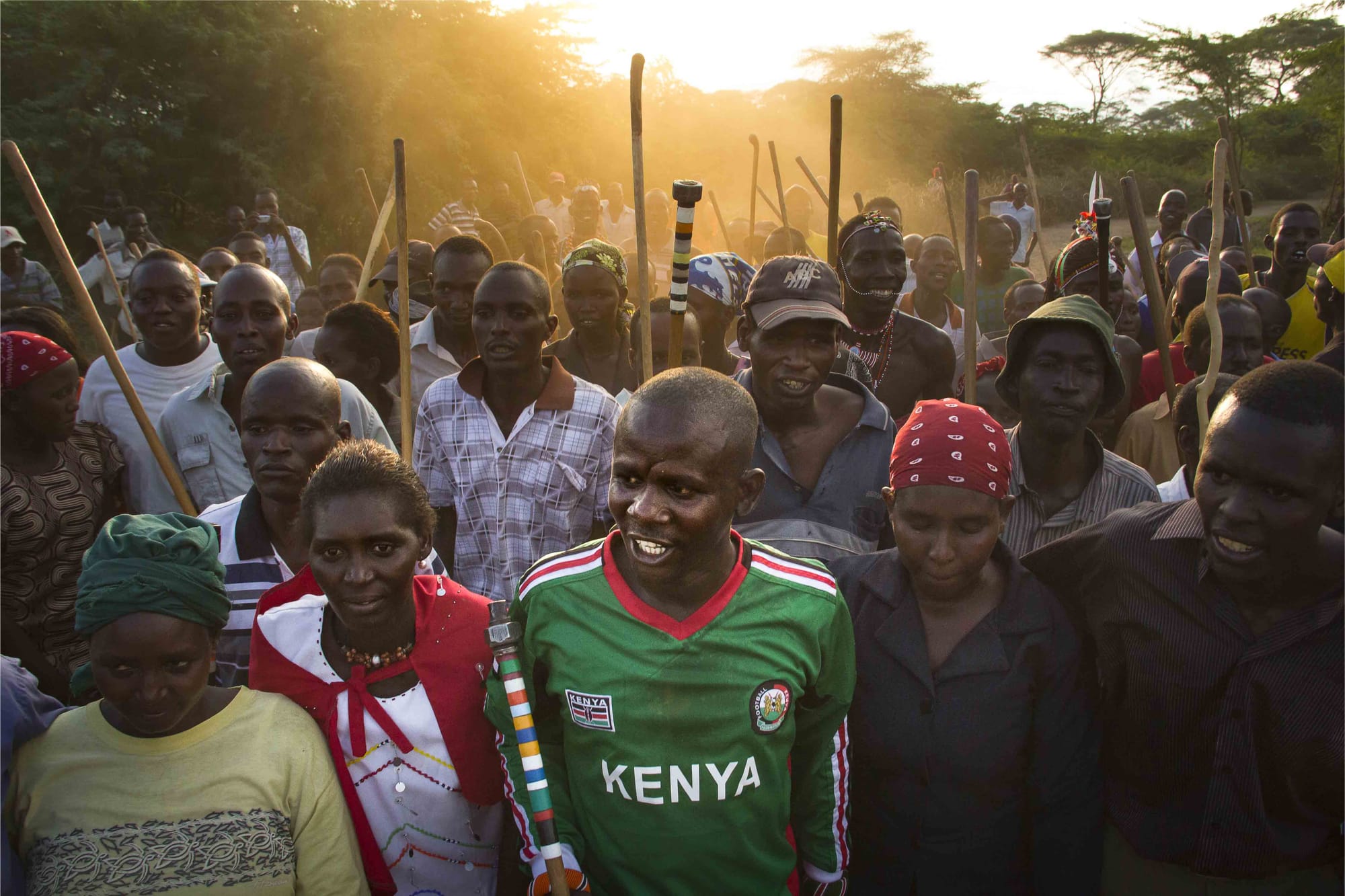
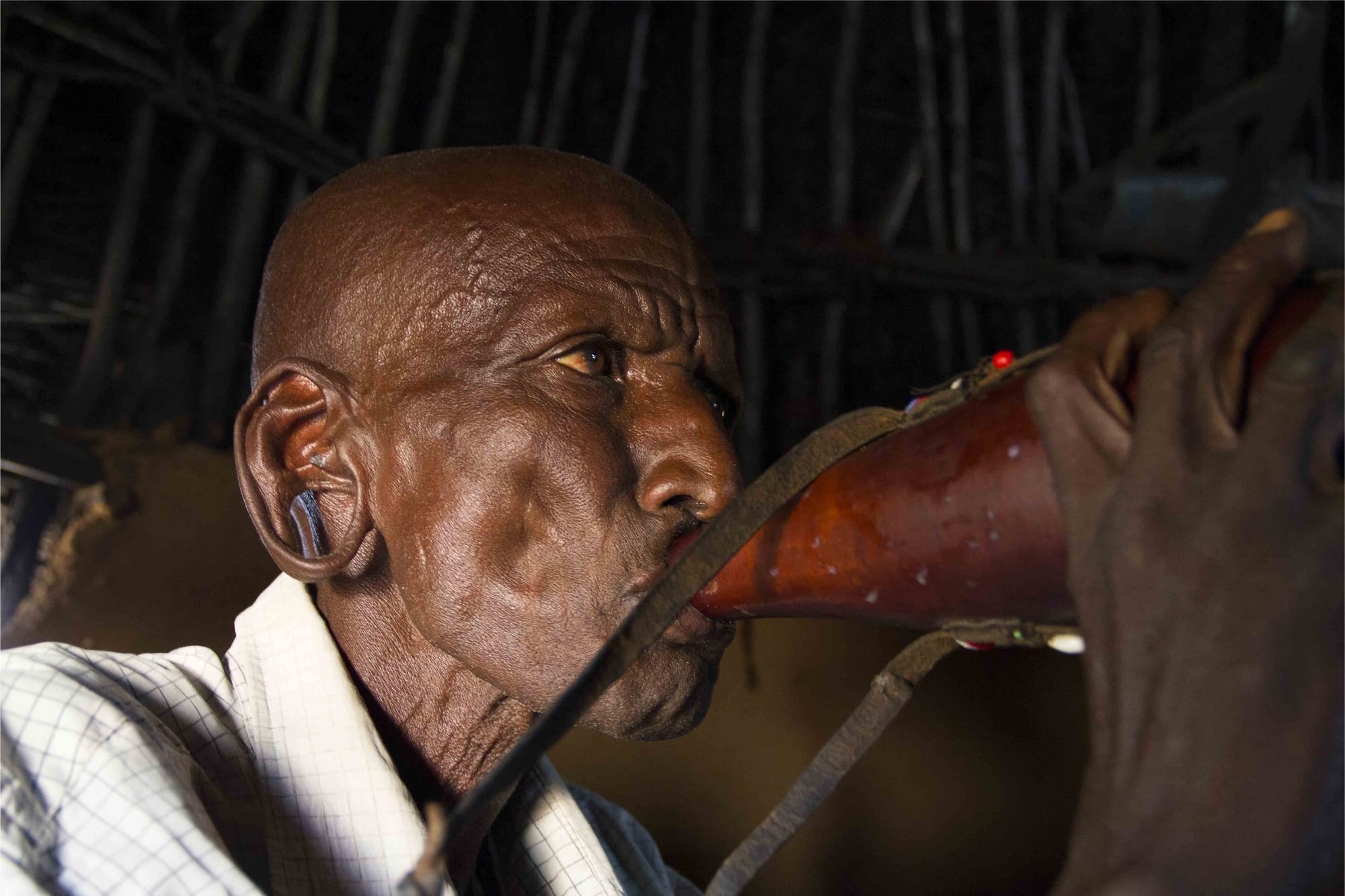
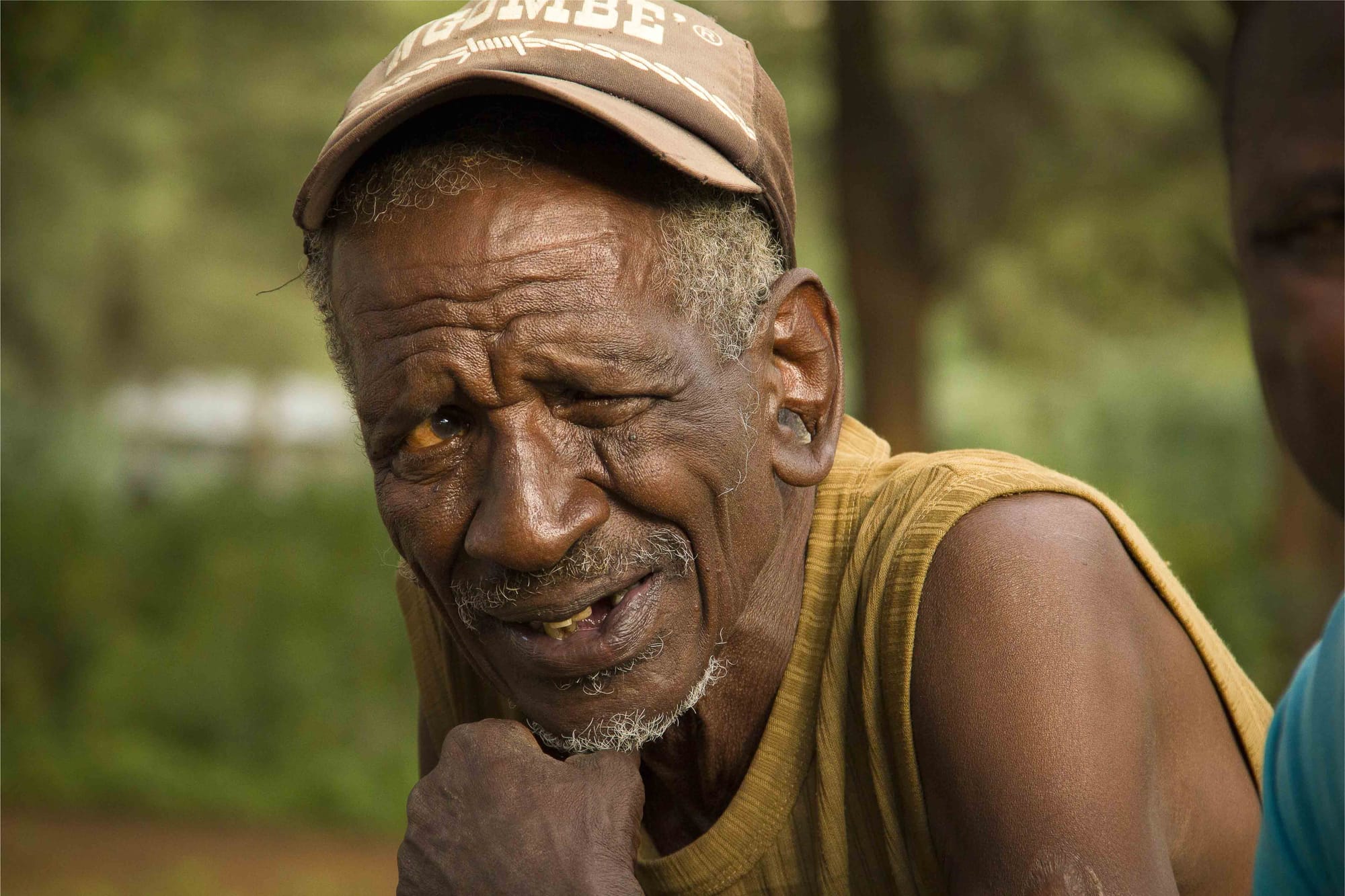
Ponds and boreholds
The territory of Ferlo (Senegal) is dotted with temporary ponds and boreholes built by the State with the support of international assistance. These water points are all refuges and places of passage that draw transhumance routes for livestock.
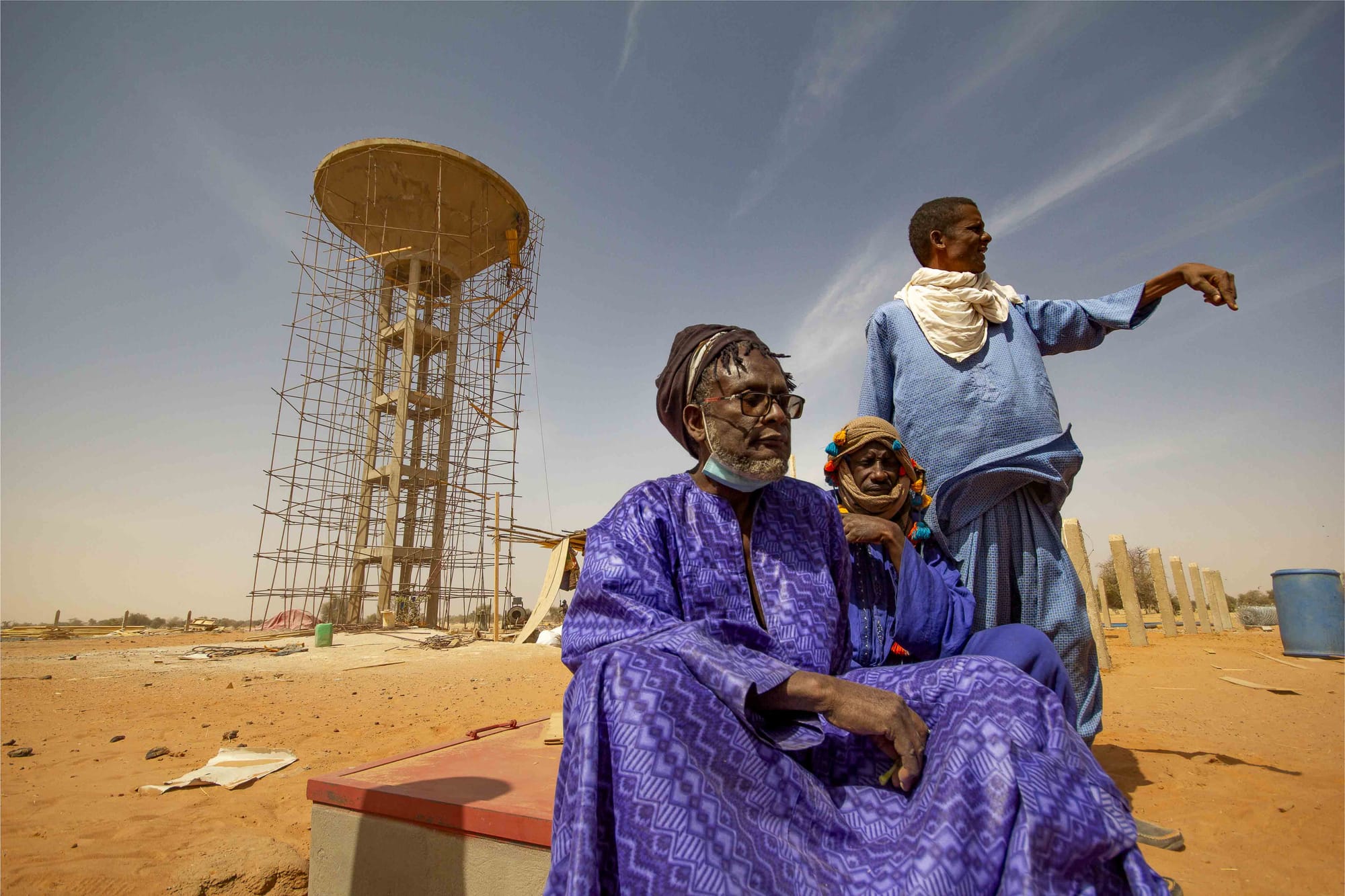
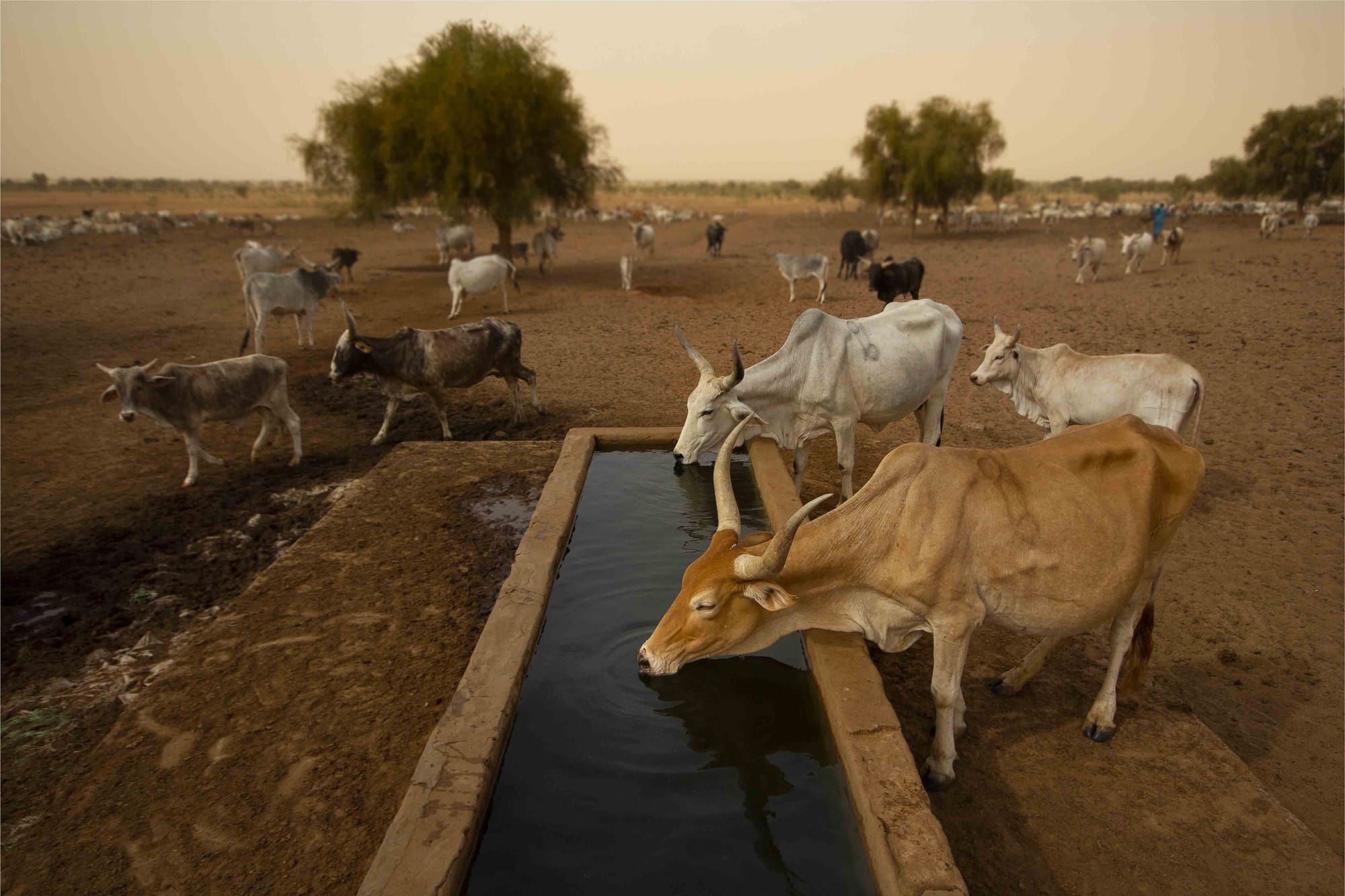
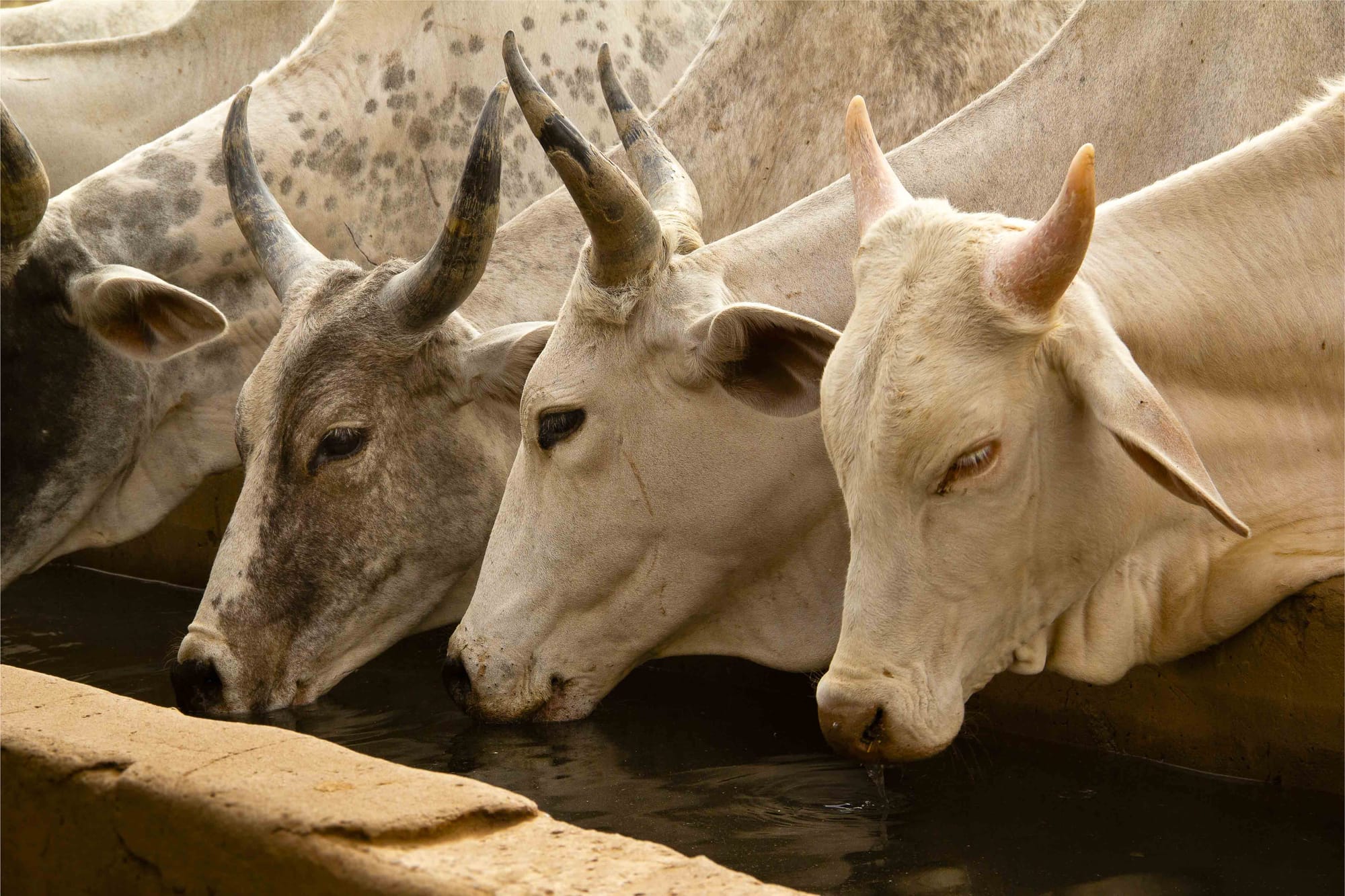
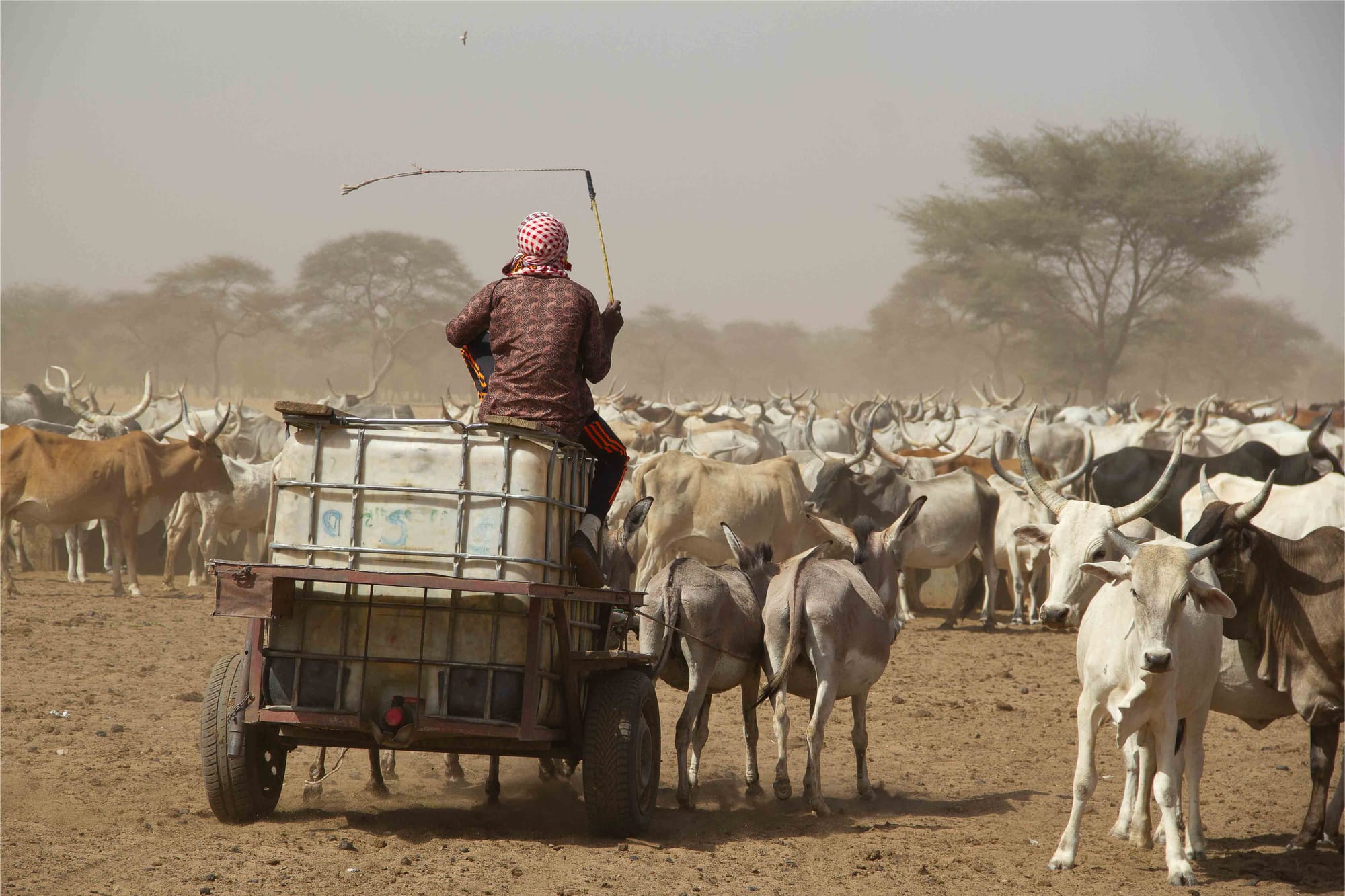
Women gardens
Around the boreholes in Senegal, Peul women develop small gardens where they are experimenting with market gardening and fodder crops.
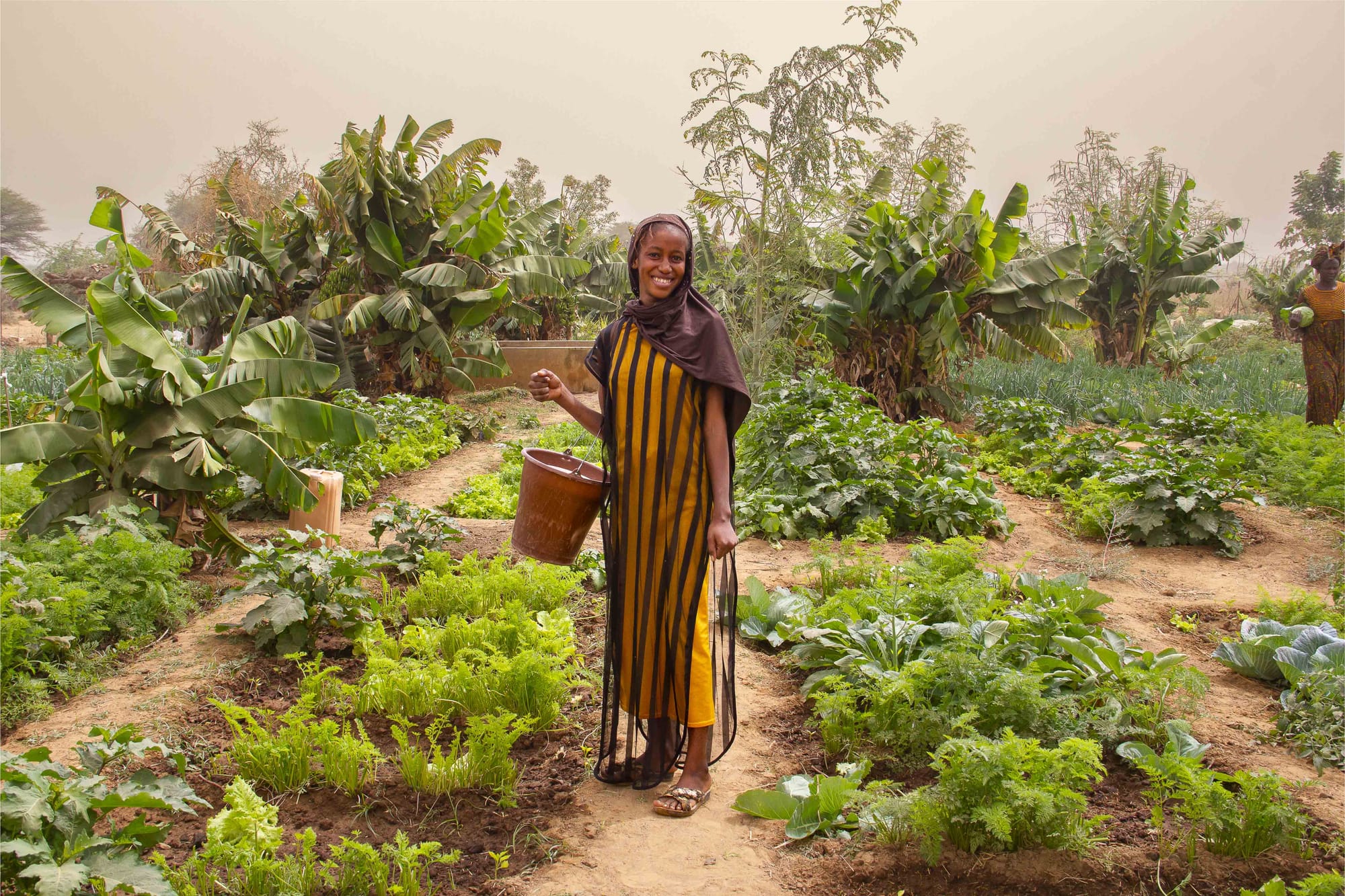
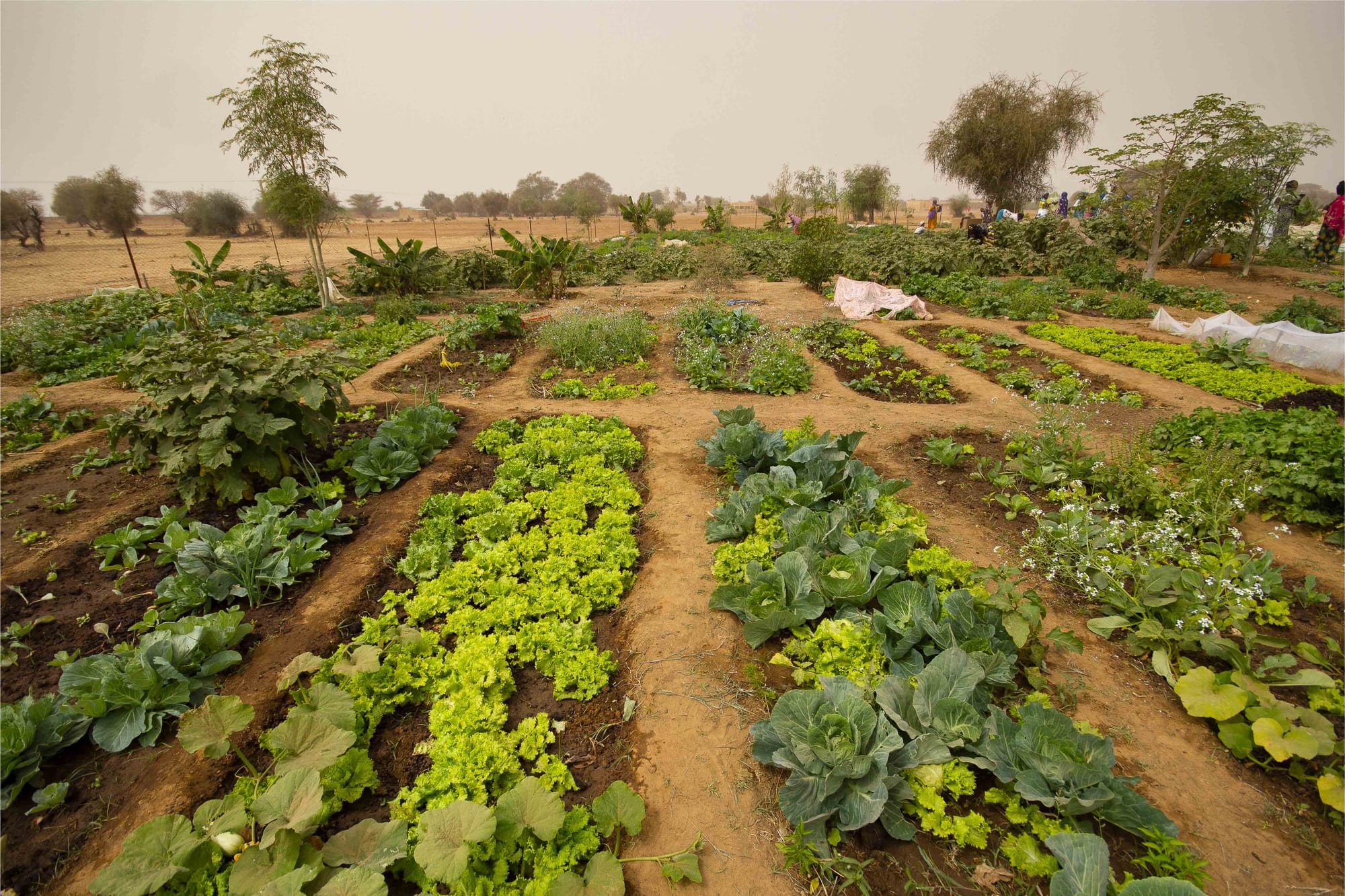
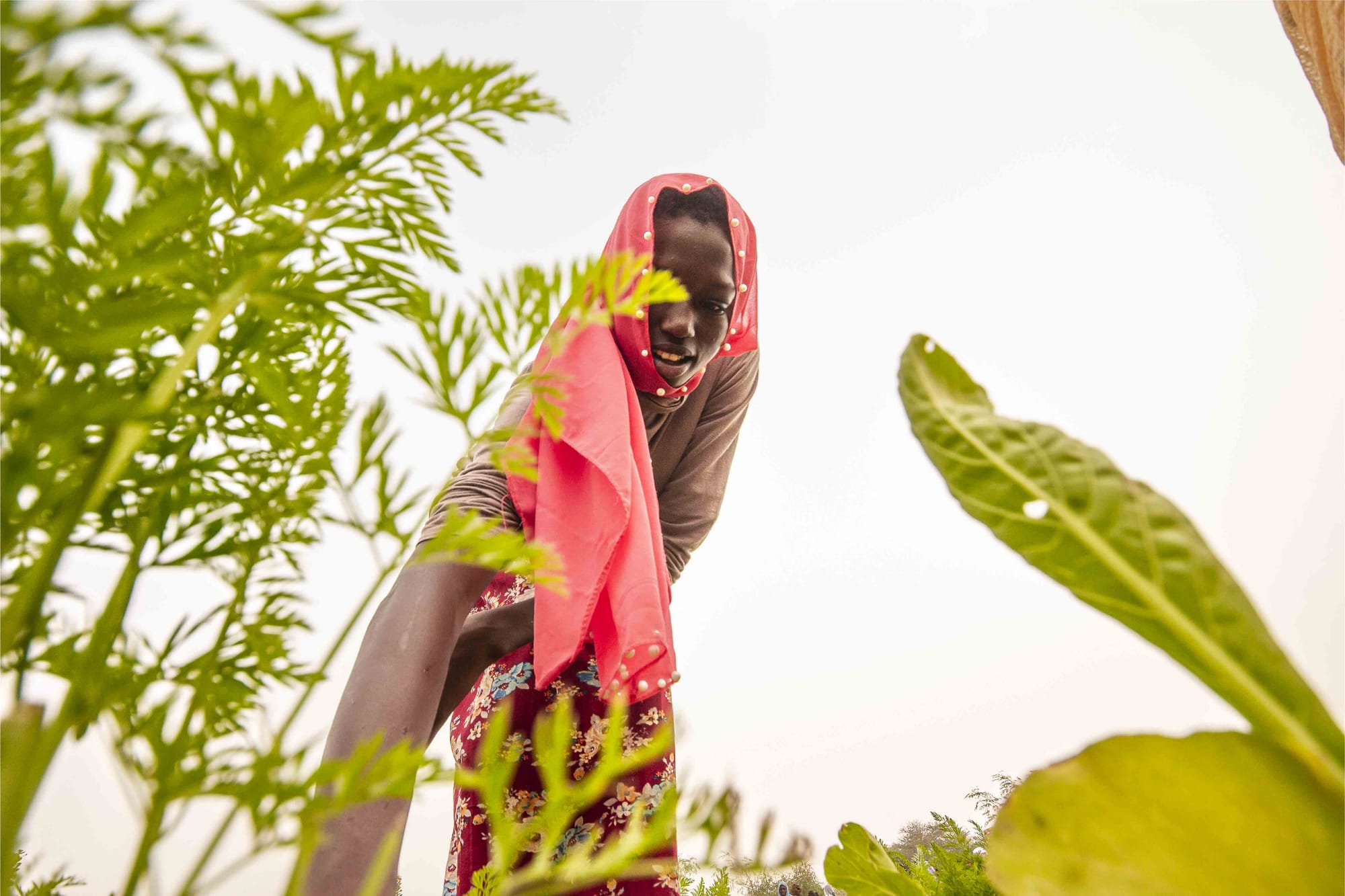
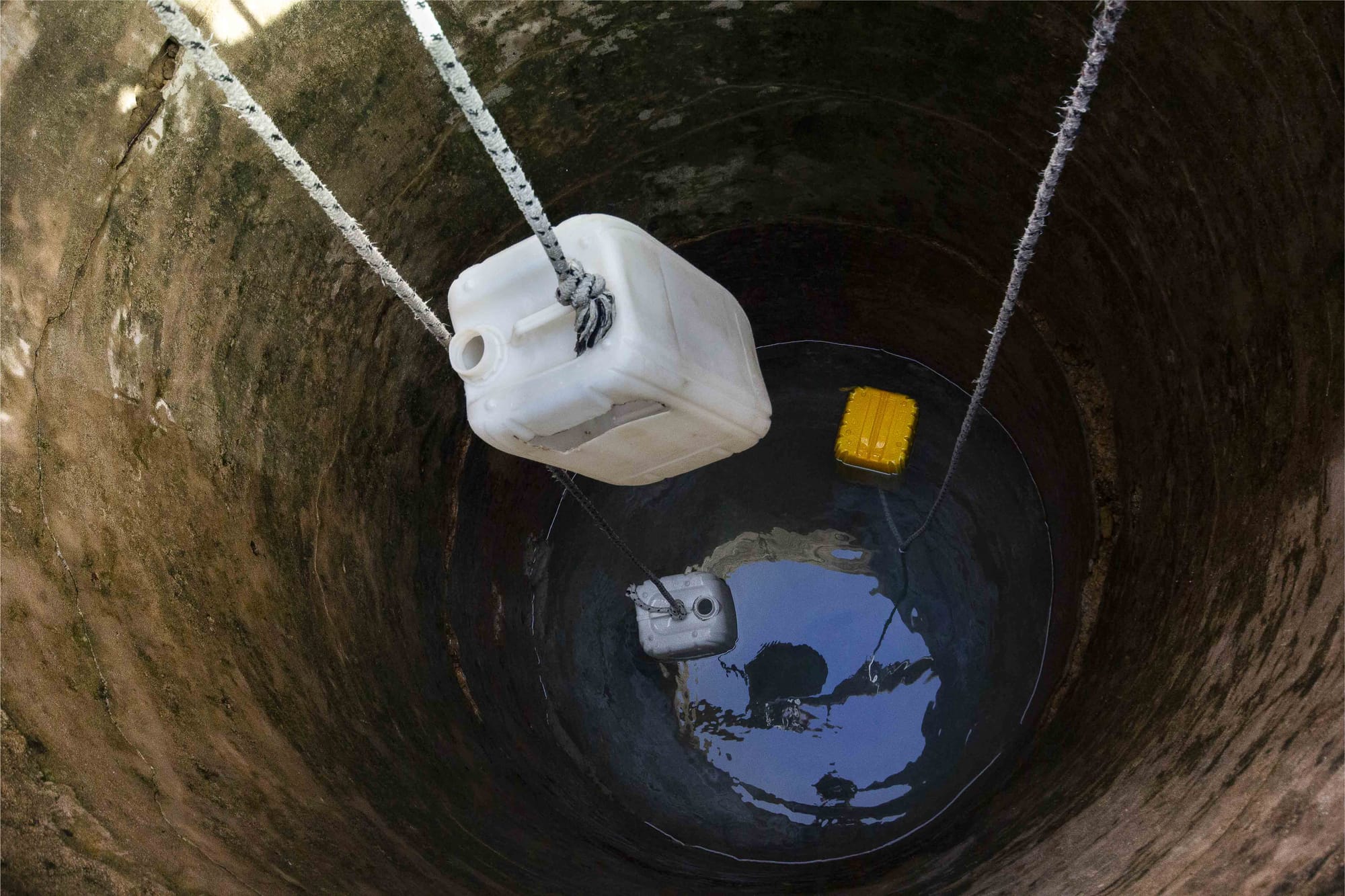
Niama choma
Niama choma is a dish made from boiled or barbecued goat meat. In Kenya (here in Koriema), niama choma is a real institution inherited from the Maasai.
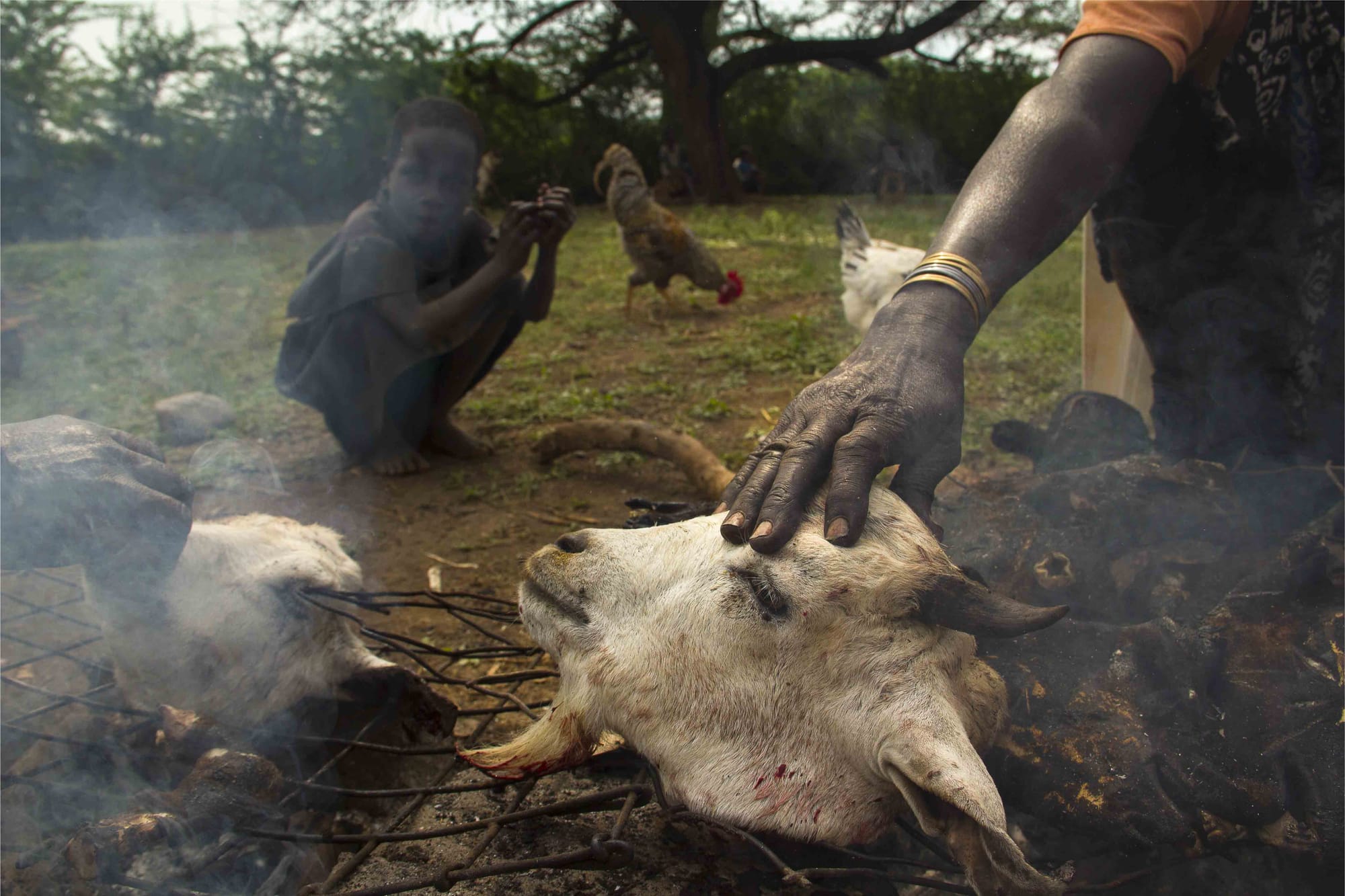
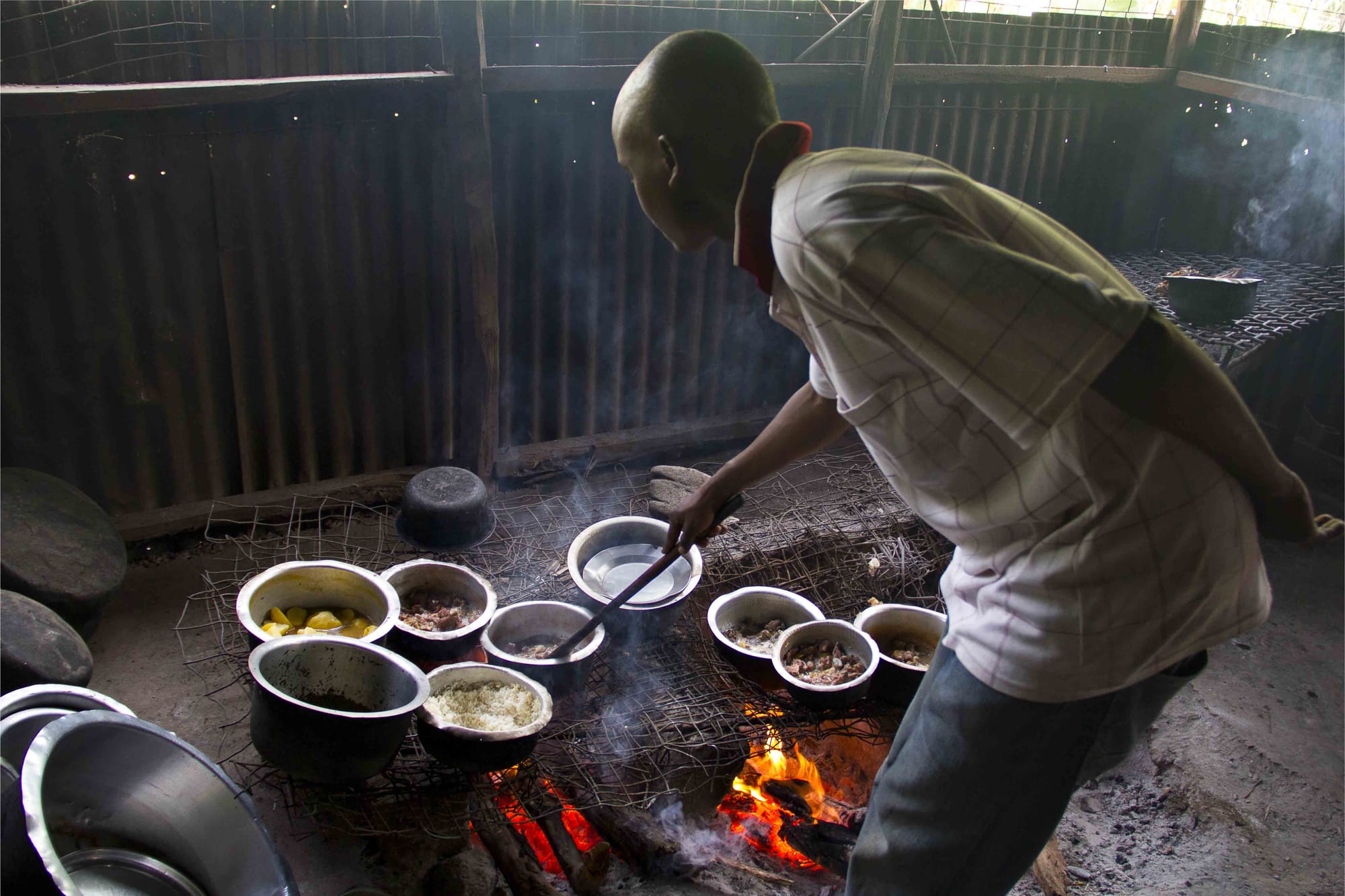
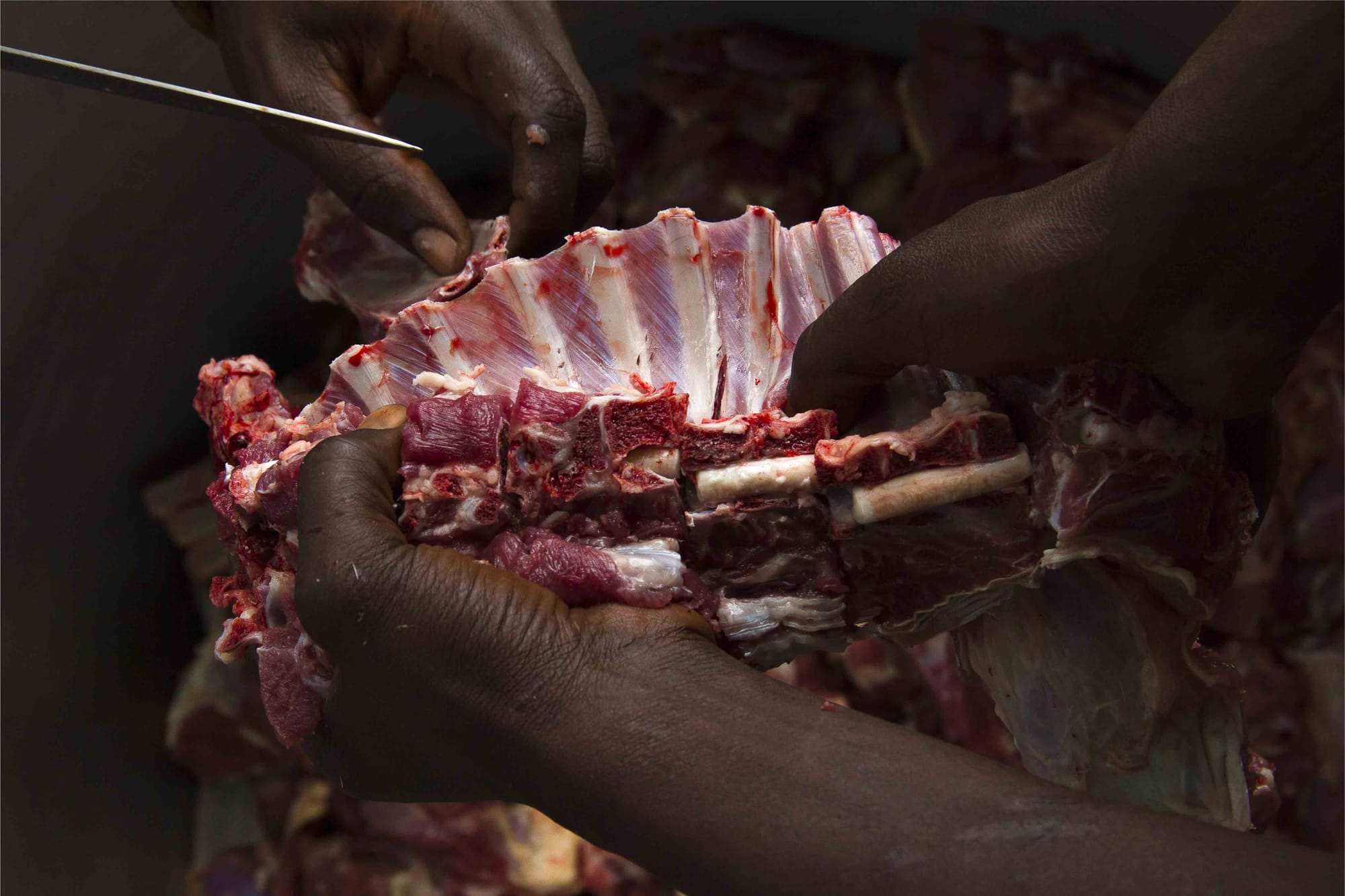
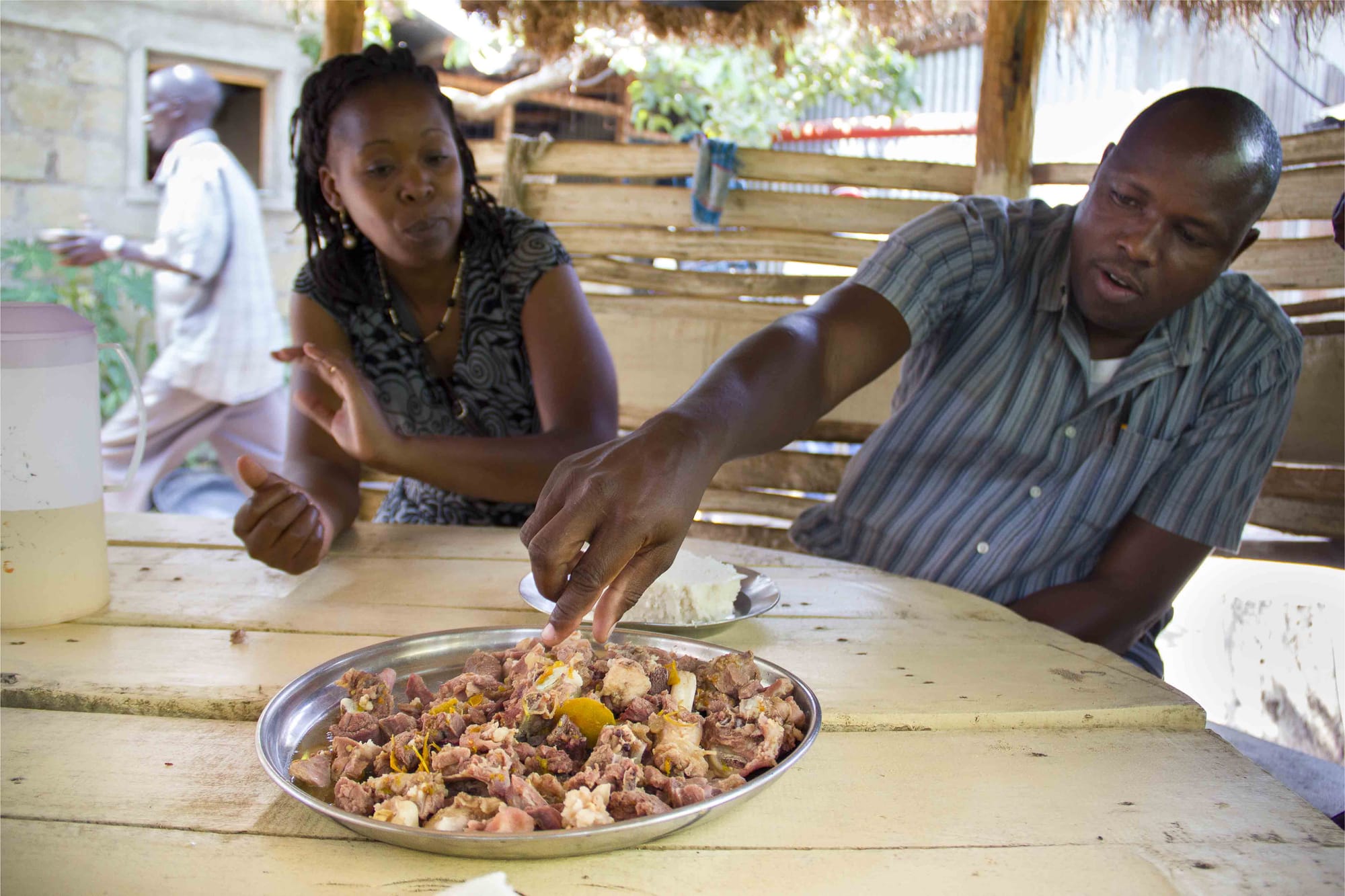
Forced sedentarization
Cheikh Djigo, coordinator of an NGO in Linguère, leads the discussion between herders in the municipality of Widou. Here, the German cooperation agency conducted a pilot sedentarization experiment between 1981 and 1992. Starting from a central borehole, new plots were fenced off each year and allocated to families of breeders. The beneficiaries of the project strive to maintain this sedentary way of life, but report tensions caused by this privatization of a portion of territory.
